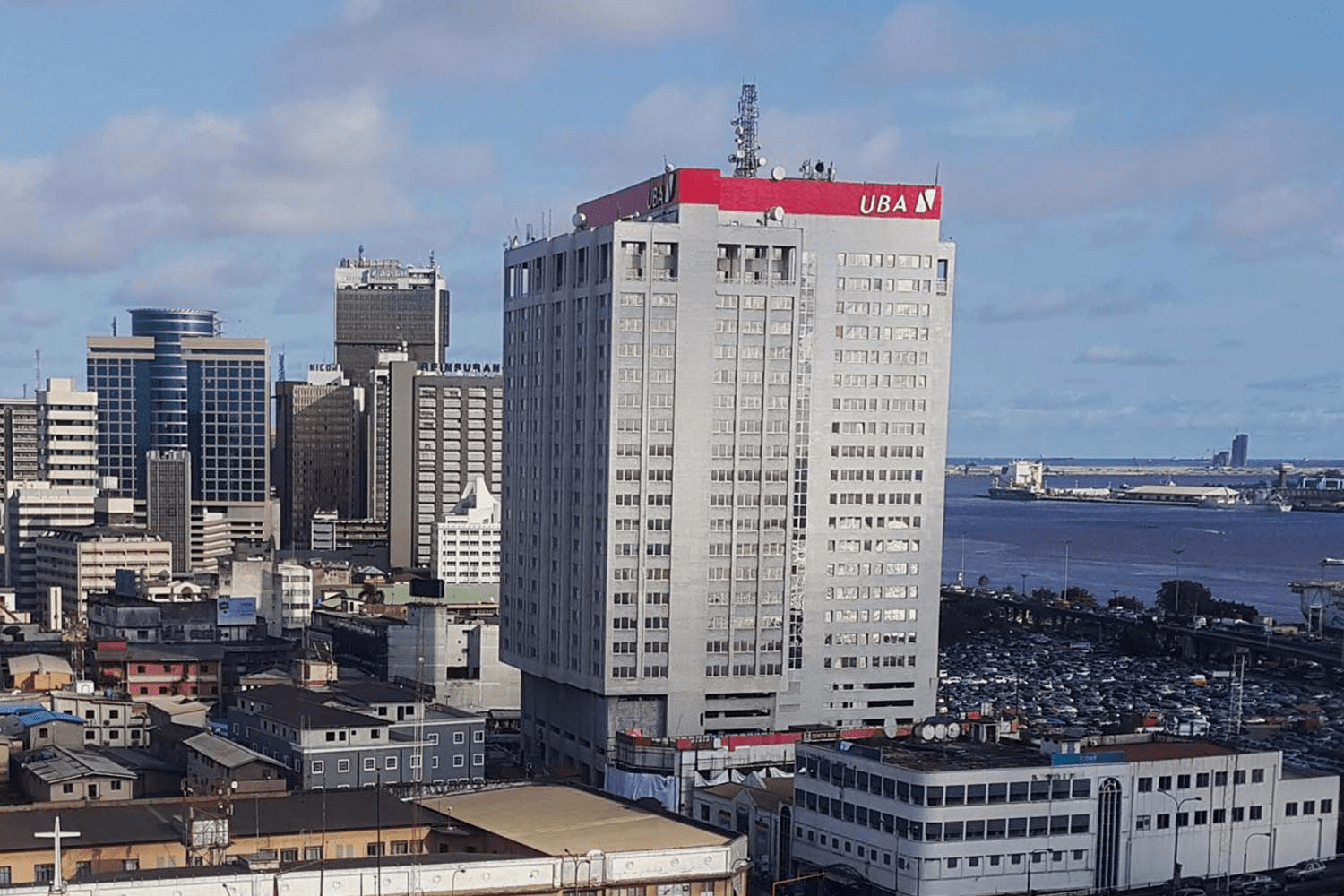U.S. immigration authorities carried out a large-scale raid at a Hyundai construction site in Georgia, resulting in the arrest of 475 people, officials confirmed Friday. The operation, conducted at the 3,000-acre HL-GA Battery Company facility, marks the largest single-site enforcement action in the history of Homeland Security Investigations.
The Department of Homeland Security said agents executed a court-approved search warrant in connection with allegations of “unlawful employment practices and other serious federal crimes.” The site, built to produce electric vehicle batteries, had been operational for about a year.
According to ICE, a majority of those detained were Korean nationals, and they are currently in custody at a processing facility in Folkston, Georgia. Officials said the detainees will be moved based on individual circumstances. Special Agent Steve Schrank described the raid as the culmination of a multi-month investigation, involving interviews, document collection, and evidence presented to the courts.
South Korea’s foreign ministry called the operation an “unjust infringement” of the rights of its citizens and said it had dispatched diplomats to the site. The ministry urged U.S. authorities to ensure Korean nationals’ legitimate rights were protected and stressed the importance of safeguarding the interests of Korean investment companies operating in the U.S.
Read Also: Britain & Nigeria’s Conspiracy To Silence Kanu
Hyundai Motor Company confirmed awareness of the incident but clarified that none of the detained workers are directly employed by the company. “We prioritize the safety and well-being of everyone working at the site,” the company said.
The raid temporarily halted construction at an adjacent battery plant and drew criticism from local and international observers. Georgia Governor Brian Kemp, who had promoted the project as the state’s largest economic development initiative, emphasized the site’s significance for job creation and investment.
The operation highlights the Trump administration’s broader immigration crackdown, which has prioritized enforcement actions targeting undocumented workers, even in high-profile industrial projects. Social media footage from the raid showed ICE agents lining up workers and informing them of the warrant.
As federal and diplomatic authorities navigate the aftermath, questions remain about potential legal challenges and the wider impact on foreign investment, particularly from South Korean companies, in U.S. industries amid a climate of heightened immigration enforcement.










